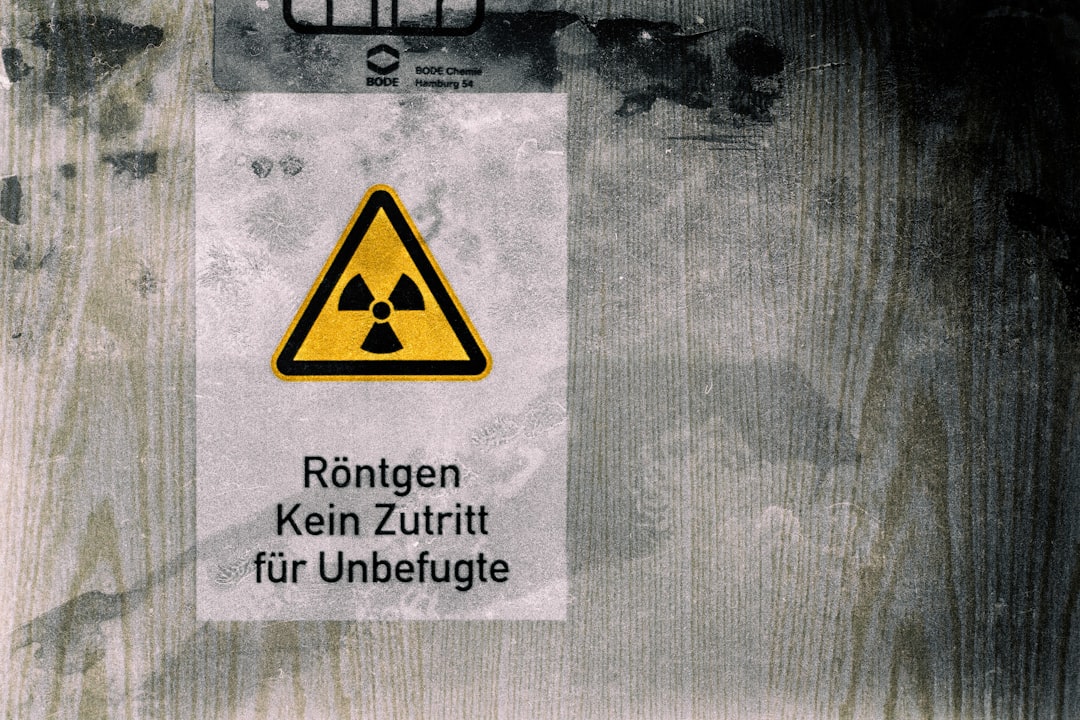What is it about?
Many children living with traumatic brain injury perform well on standardized tests but poorly in real-life situations. To improve both the detection of these difficulties and the design of appropriate supports to remedy them, we searched the existing research base for alternative ways to evaluate the performance of children with traumatic brain injury during real-life tasks.
Featured Image

Photo by Jerry Wang on Unsplash
Why is it important?
Because treatment plans must be relevant to children’s needs and circumstances in order to be effective, there is an urgent need for evaluation procedures that help SLPs elicit and interpret children’s behavior and patterns of difficulty in the context of real-life activities.
Read the Original
This page is a summary of: Nonstandardized Assessment of Cognitive-Communication Abilities Following Pediatric Traumatic Brain Injury: A Scoping Review, American Journal of Speech-Language Pathology, September 2021, American Speech-Language-Hearing Association (ASHA),
DOI: 10.1044/2021_ajslp-20-00231.
You can read the full text:
Contributors
The following have contributed to this page










